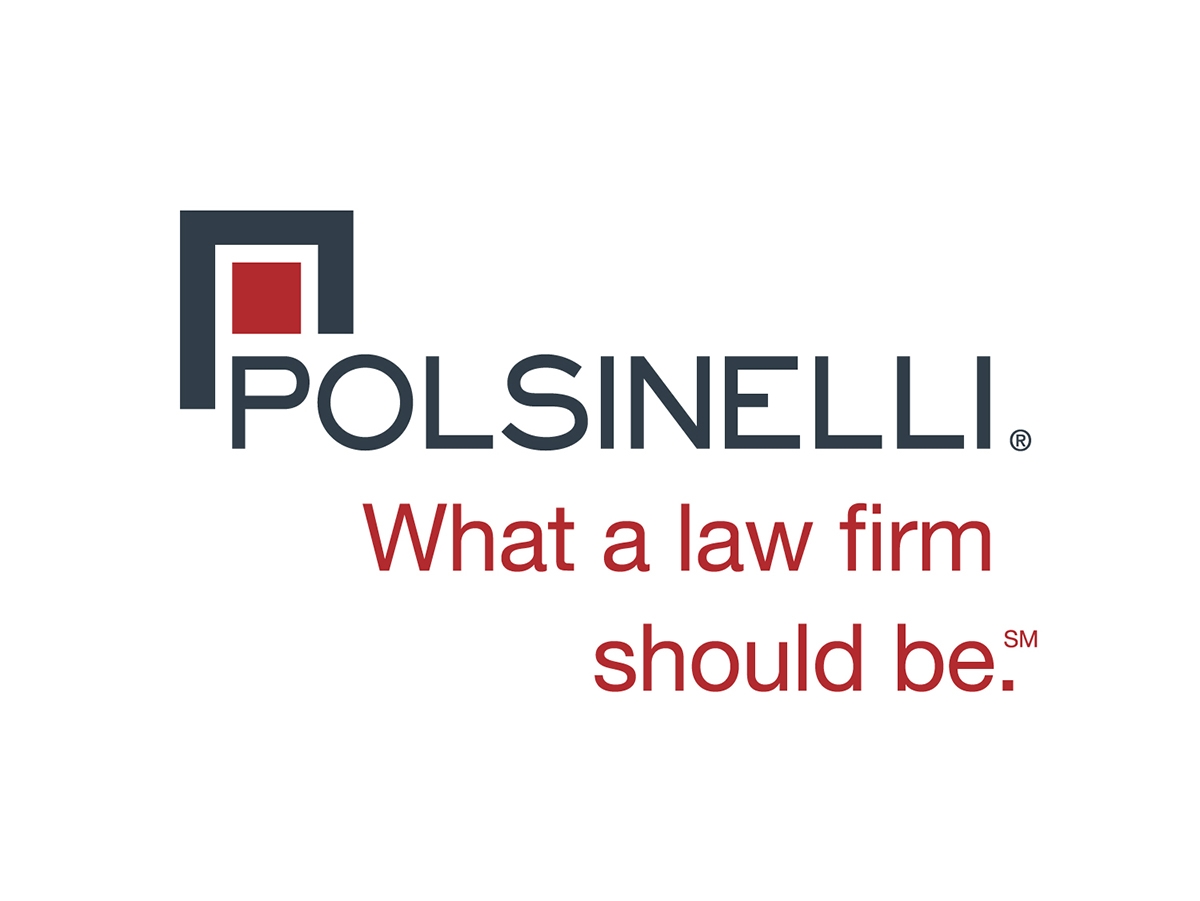- Joined
- Jul 21, 2012
- Messages
- 255
- Reaction score
- 476
For those of us that practice in states without tort reform (CA/NY/NJ/PA,IL, etc..) lets talk about ways to minimize the risk of getting wiped clean by a plaintiff's suit:
-Does anyone have any special documentation of informed consent for anesthetic risks?
-For those of you in supervising roles, do you include any specific documentation of the your anesthetic plan in case the CRNA omits something major? E.g., for beach-chair position do you document that you instructed the CRNA to keep MAP high? In the event of an intraop emergency, do you record the time at which you were notified of the emergency?
-Beyond 1M/3M liability insurance, I've read about tactics such as titling your home and bank accounts as "Tenancy by the entirety" as a way to shield your personal assets-- does anyone have experience with this?
-Does anyone have any special documentation of informed consent for anesthetic risks?
-For those of you in supervising roles, do you include any specific documentation of the your anesthetic plan in case the CRNA omits something major? E.g., for beach-chair position do you document that you instructed the CRNA to keep MAP high? In the event of an intraop emergency, do you record the time at which you were notified of the emergency?
-Beyond 1M/3M liability insurance, I've read about tactics such as titling your home and bank accounts as "Tenancy by the entirety" as a way to shield your personal assets-- does anyone have experience with this?

